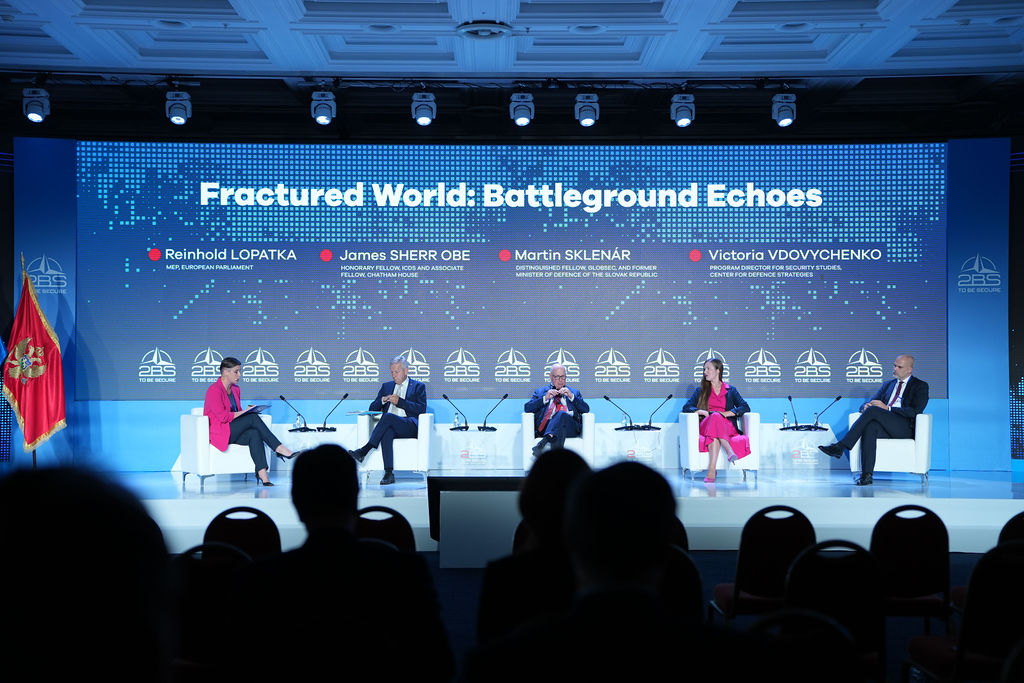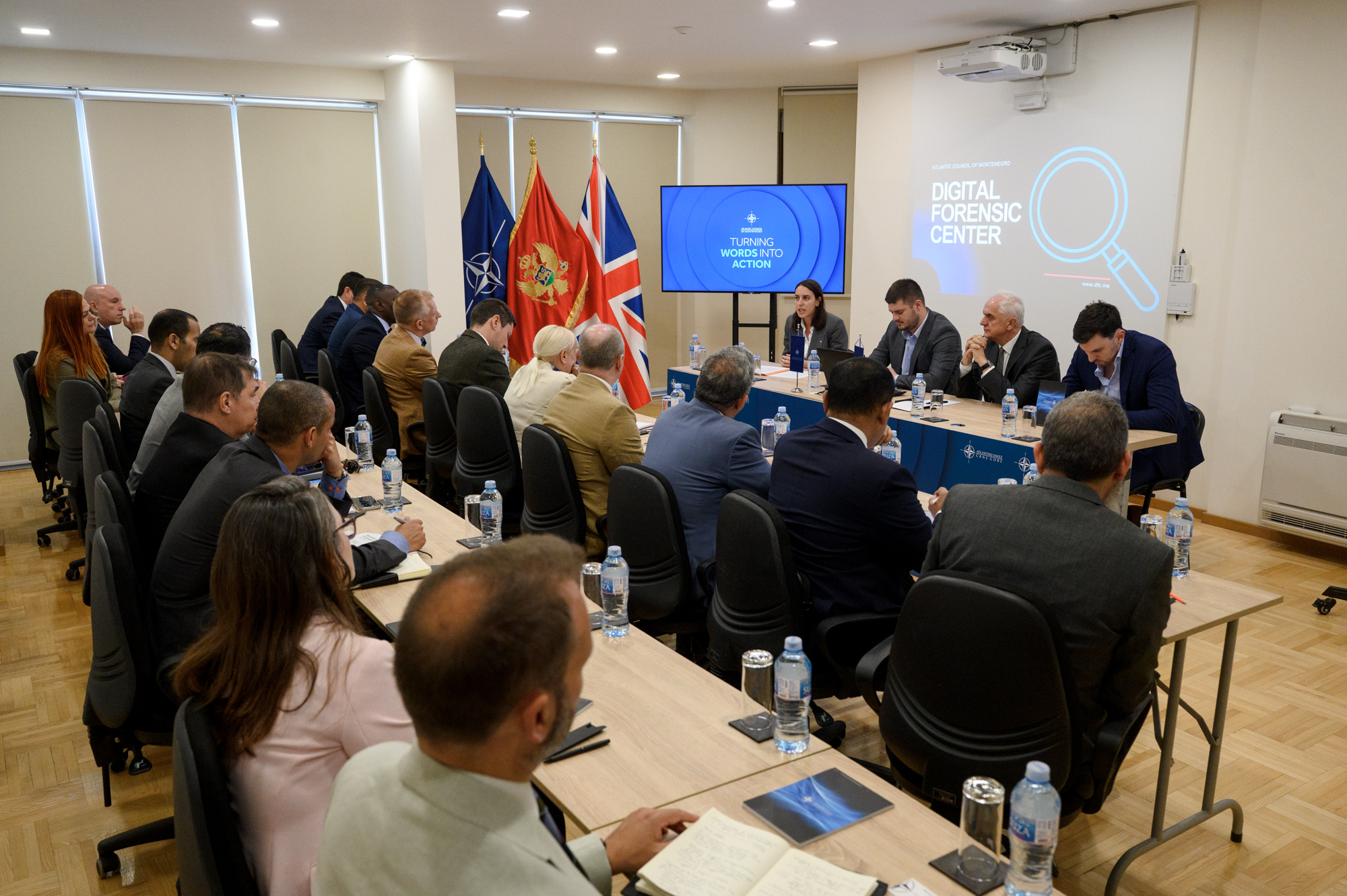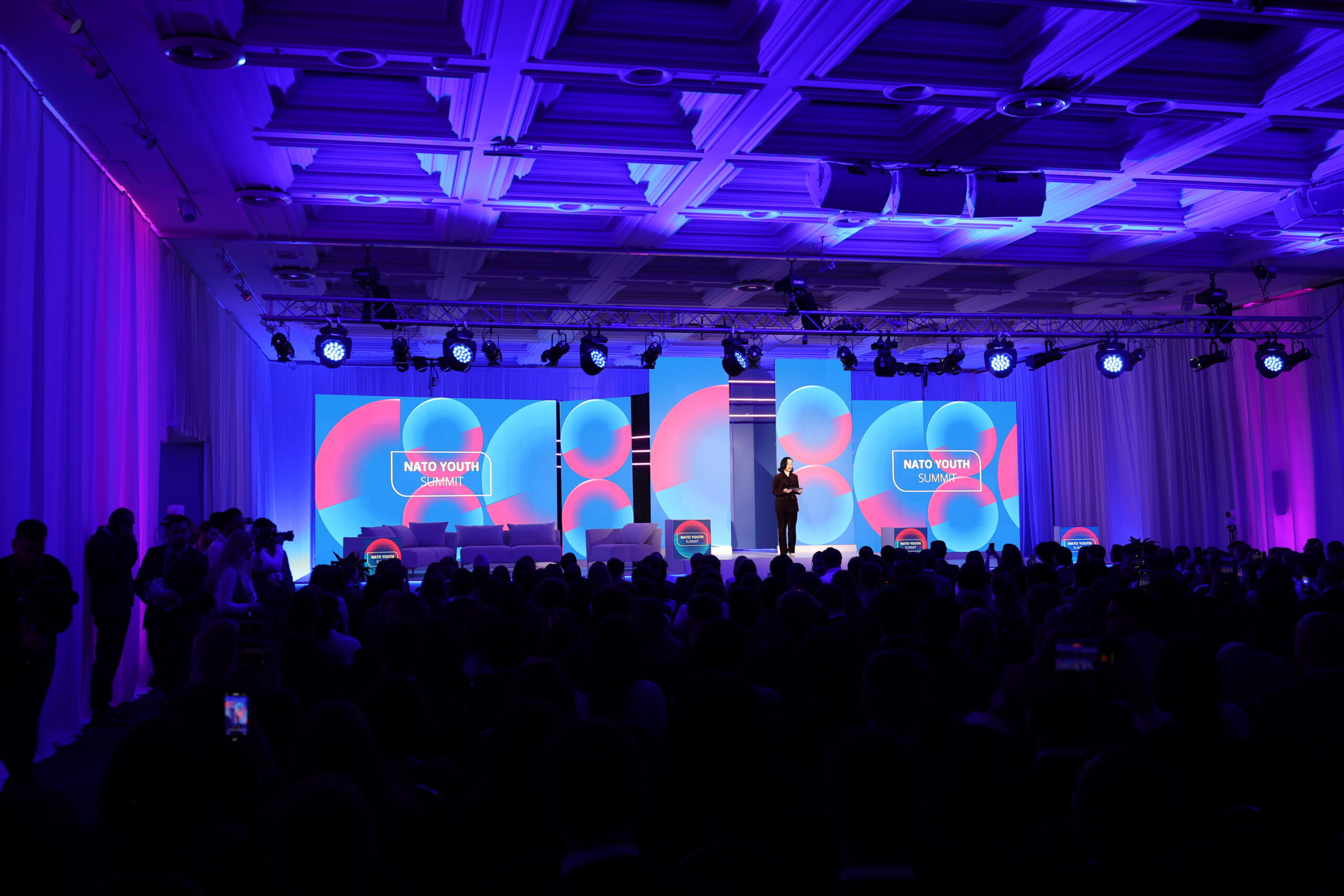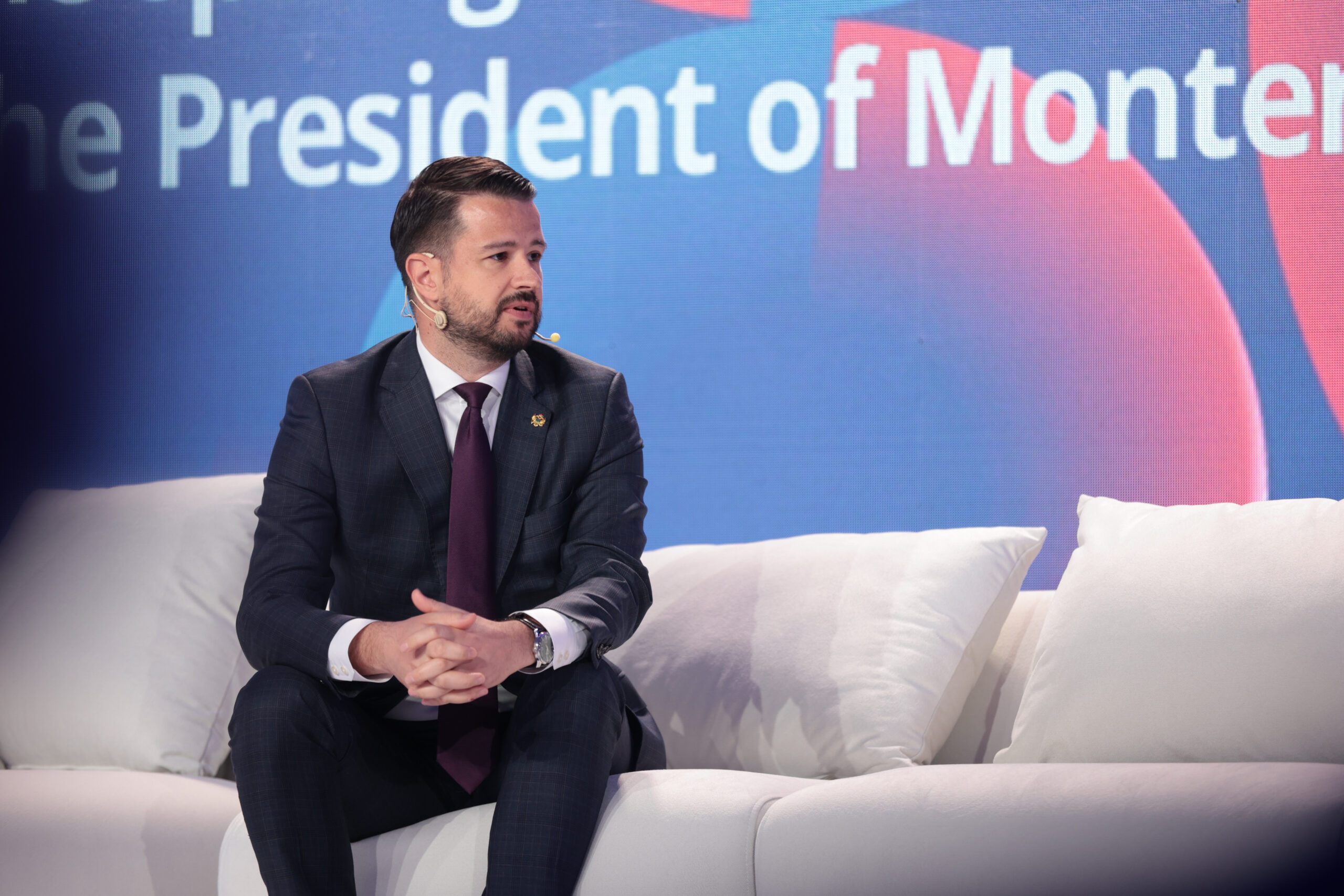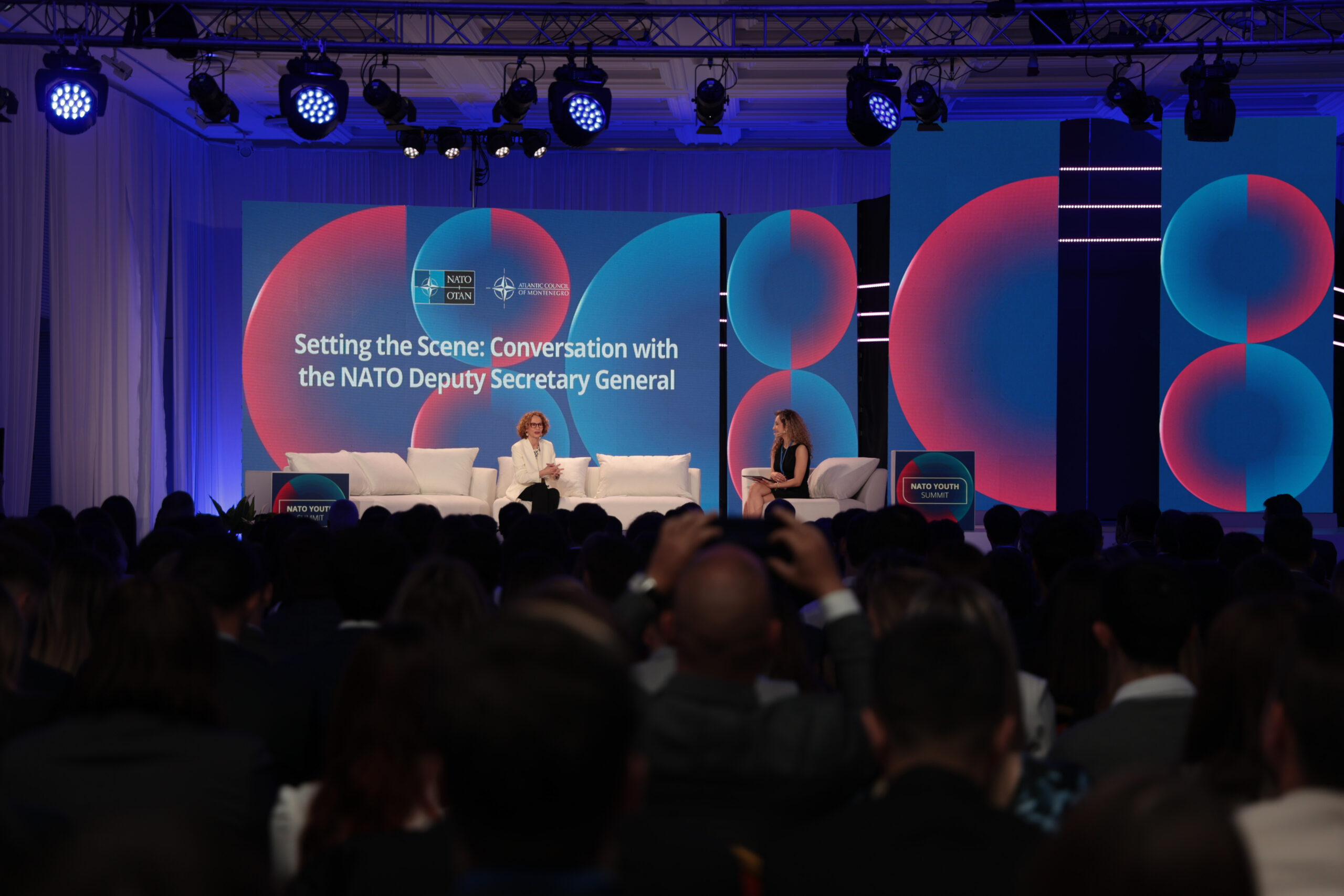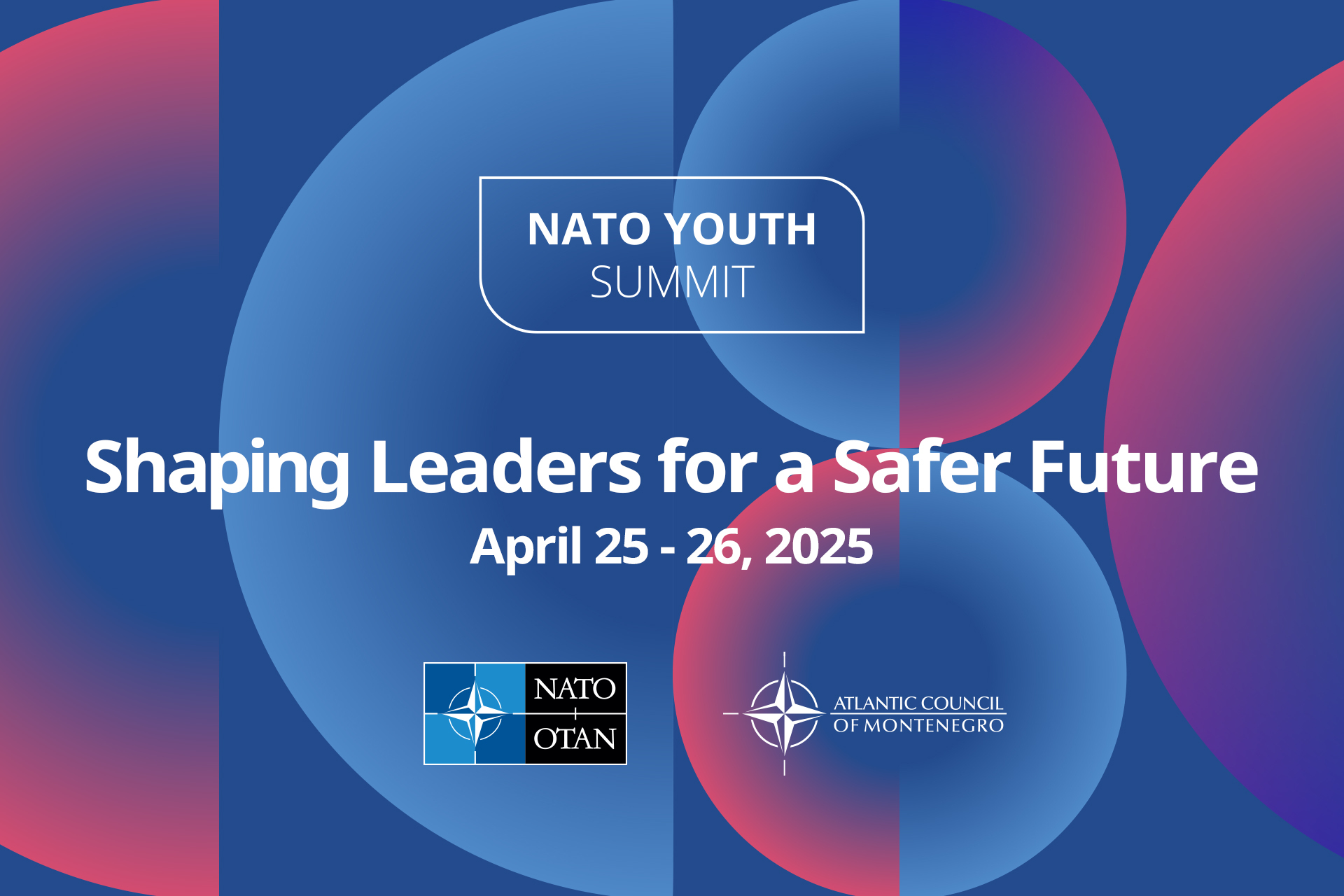The situation in the Middle East is unpredictable, but strong voice and leadership are necessary to prevent the situation in this region from escalating and leading to even greater consequences. This was stated at the panel Fractured World – Battleground Echoes during today’s 2BS Forum.
Martin Sklenar, a senior fellow at GLOBSEC and former Minister of Defense of the Slovak Republic, stated that the situation in the Middle East is not good and that we are currently witnessing a situation where we are waiting to see what will happen next, adding that the Middle East is one of the most polarized regions, a path of tension, and one of the most complicated generally.
“Comparing the situations in Ukraine and the Middle East, in both conflicts they say there is no room for hesitation. In the context of the recent attack that occurred in the Middle East, they said, ‘We are protecting Israel from Iranian missiles.’ I disagree with that, and I simply cannot believe how different these countries’ positions are when we talk about either conflict,” said Sklenar.
Speaking about the Ukraine-Russia conflict, he said it is essential for the EU to work with Ukraine to strengthen it, to make it stronger, and to provide military support to the extent it needs, but not more.
“The West should focus on winning this war, not just conducting it for as long as necessary,” Sklenar said.
Reinhold Lopatka, a Member of the European Parliament, stated that he hopes there is a peace plan for the Middle East, but that, as things currently stand, the situation is the opposite and there is no plan.
“The EU is still a diplomatic actor, but realistically, the USA is the most significant player, along with Russia. If you look at Syria or Iran, they are directly involved, and on the other side, you have the United States of America, but not a united states of Europe. We are far from that,” said Lopatka, emphasizing that the future composition of the European Commission could make more significant decisions than before.
James Sherr OBE, an honorary fellow at Chatham House, said that the Ukrainian war has changed everything—i.e. Russia’s relations with Germany, and now the relationships with Israel are being sacrificed.
“One factor that influences this is certainly the Abraham Accords. The wisdom of this agreement is that without a single bomb, we have achieved a dynamic that has made Hamas and Hezbollah irrelevant to events in the Middle East over time,” he said.
Victoria Vdovichenko, program director for security studies at the Center for Defense Strategies, said that the EU’s announcement of sanctions against Iran for its exports to Russia is a delayed response.
“My question is why now? They are late in making the decisions. We must take care to save ourselves and think about our future; we are not safe and secure now,” Vdovichenko stated.



